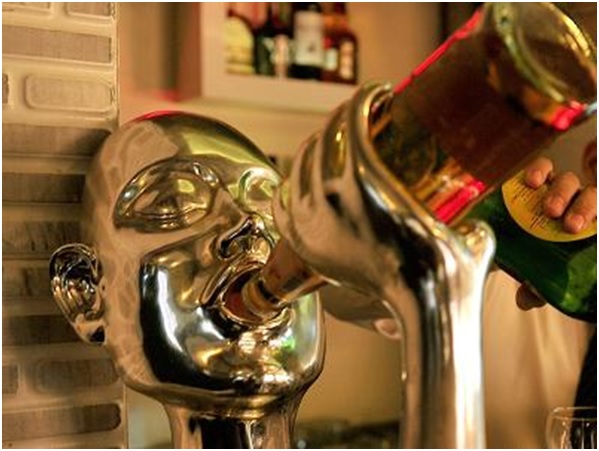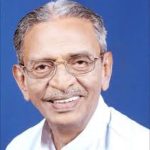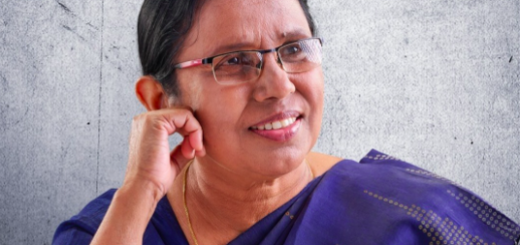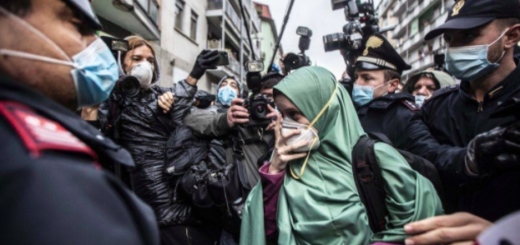Times of India on Mass wine production in Kerala Why brandy when you have wine?

By K P Sai Kiran, in Times of India, Apr 1, 2017
 (Note: This front page report in the ‘Times of India’ on Kerala Bishops’ demand to the State Government for a 900 % hike in their permit for Mass wine production is a clear proof of the double standards they follow in their preaching and practice.
(Note: This front page report in the ‘Times of India’ on Kerala Bishops’ demand to the State Government for a 900 % hike in their permit for Mass wine production is a clear proof of the double standards they follow in their preaching and practice.
On the one hand the bishops vehemently oppose making God’s own country drown in Alcohol, on the other they want for themselves a huge hike in the permit – from the present 259 litre to 2,500 litre — to produce Mass wine, for their Holy Mass. Beer and Toddy freely sold in the State have an alcohol content of 6% and 8.1% respectively. Bishops’ wine used for Mass has 8.15.5% of alcohol content.
The general assumption is Bishops and priests are teetotalers since they consider alcoholic drinks a vice to be avoided at all cost. Also the canard spread among believers is that sacramental wine is alcohol free or the celebrant offering Mass drink it only after the wine is transformed into the blood of Jesus, which is the mystery of ‘Transsubstantion’, above human intelligence to grasp. So the conclusion is Bishops and priests drink the blood of Jesus and not wine. Any doubts? Proof of the pudding is in the eating. What is to be done is to make the priest or bishop drink two glasses of consecrated wine and see if he goes tipsy.
The fact of the matter is that bishops and priests are caught in a web of contradictions. They have to decide if they are followers of Jesus of Nazareth or a man-made religion and its traditions. Jesus started his public life with a wine party at Cana where he changed water into wine. He went through his life eating and drinking following the Gospel principle: “Eat and drink whatever is placed before you” and earned the infamous reputation: “Friend of drunkards and prostitutes” and finally crowned his life with a “wine party” at last supper promising he will drink again only in the next life. So how can a teetotaler become a priest and literally imitate Jesus reputed to be a friend of drunkards?
Nay he lashed out at the high priests and Pharisees of his time saying: “Drunkards and prostitutes will go to heaven before you.” If Jesus were born in Kerala, perhaps he would have celebrated his last supper with “Tappiocca and Toddy, or Rice and Payasam.” Eating and drinking should not be central to religion and spirituality, but what comes out of one’s mouth should be. Commemorating the Last supper is symbolic and can be meaningful only when one uses the food and drink of the place, not liquor and bread imported or made to order. This is a theological debate which will lead us nowhere and therefore is left to each one’s taste. De gustibus non est disputandum (Don’t waste time discussing tastes which is different from people to people.)
For example, it is tasteless for Syrobalamarians to wash the feet of women, not for the pope or the Latins. Ash Wenesday is still Ash Monday for Syros in USA, since they tried and failed in Kerala. When a religion is overloaded with rituals (externals) that religion is dead. That seems to be happening to Churchianity (conflict of churches) in Kerala because there is no Christianity (following and imitating Jesus) alive and kicking here. This happens to be the considered view of CCV.
Those who differ are most cordially and humbly invited to send their views so that we may learn from them. Our cordial greetings to the KCBC President, Archbishop Soosai Pakiam of TVM, who is known more as a Pastor in the footsteps of Francis than a Ruler or a Diplomat. james kottoor, editor).
THIRUVANANTHAPURAM: The Kerala Catholic Bishops Council (KCBC) has been vehemently opposing any attempt to raise the availability of alcohol in the state but that hasn't stopped its president Archbishop M Soosa Pakiam from seeking 900% enhancement of the wine production quota under his Trivandrum (Latin) Archdiocese.
Soosa Pakiam has made the request in an application submitted to excise commissioner last week, which was accessed by TOI. The Latin archdiocese has a licence under the Cochin Mass Wine Rules 1117 for producing 250 litres of wine per year for religious purposes. "This is hardly sufficient to meet the needs of the increasing number of parishes and convents. We request you to enhance the quantity from 250 litres to 2,500 litres," the application says.
He said the archdiocese has 408 priests -including two bishops, 176 parish priests and assistant parish priests and 130 religious priests –who require "one to two litres of wine every month" for conducting Mass.
The licence issued by the excise department to the archdiocese in 2006, accessed by TOI, shows it had 230 priests, while going by the latest figures there had been an increase of 77% in the number of priests. Under the present licence, 230 priests can produce only less than one litre of wine per year to cater to believers.
However, the application itself says that one priest requires two litres of wine per month. The fee for such a licence is meagre Rs 1.25 per litre for a year, which means that only Rs 312.50 has to be paid as gallonage fee.
Interestingly, the archbishop had on March 21 warned the government against any plan to dilute the existing liquor policy. He had warned that his organisation would launch an agitation if the government came out with a wrong policy.
Meanwhile, the Latin Archdiocese said the latest application was submitted to the excise department on the basis of a realistic scenario and it was purely meant for religious purposes. In the wake of increased number of priests after the creation of Neyyattinkara diocese, which is being catered from here, the quantity of wine is too insufficient for religious ceremonies," vicar general of Latin archdiocese Eugene H Pereira said.
As per the latest figures of the excise department, 24 bishops of major bishop houses in the state are holding the special licence to manufacture, issue and transport wine, which has at least thrice alcohol content than beer. These include eight bishops in Ernakulam district, four in Kottayam, two each in Thrissur and Kozhikode and Thiruvananthapuram, and one each in Pathanamthitta, Kollam and Kasargod districts.
Meanwhile, the Kerala Catholic Bishop's Council has welcomed the SC directive to close down bars functioning on National Highways. KCBC spokesperson Varghese Vallikkatt said the order upheld welfare of people, and public health should be given prominence over revenue loss.
















